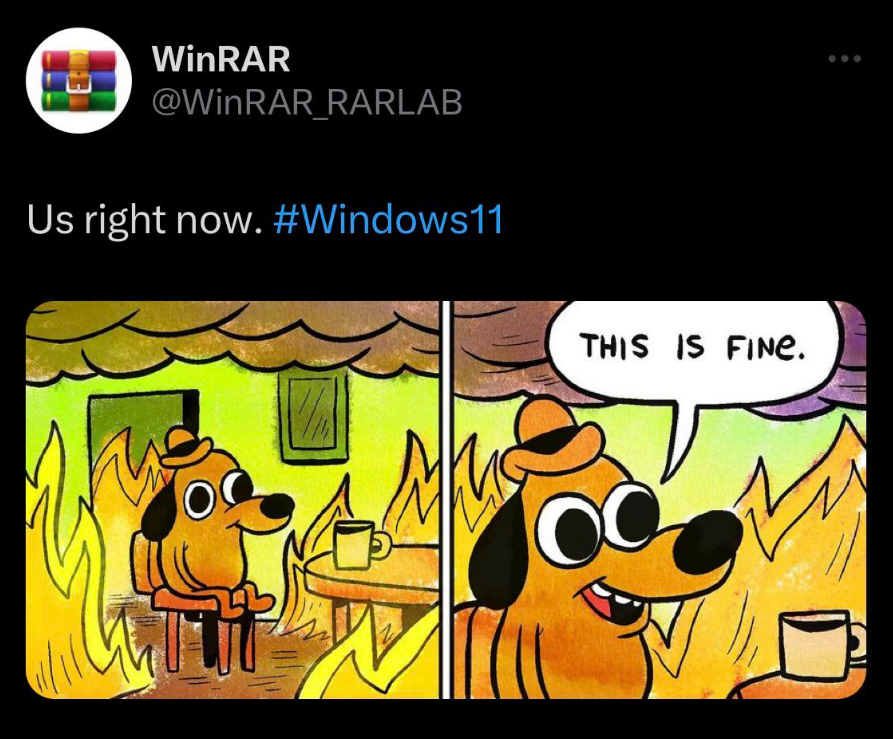M76
[H]F Junkie
- Joined
- Jun 12, 2012
- Messages
- 14,035
That makes no practical difference, and I fail to see the benefit as a developer either. The easiest thing in Visual Studio is to include an external library if you need it. There is absolutely no need for AI to be standardized in Windows or .NET, which is basically distinction without a difference. Are you even able to install Windows now without the .NET framework?I was referring to e.g. .NET framework - type standard. (In my developer brain, I've been using .NET so long I consider it part of Windows.)
![[H]ard|Forum](/styles/hardforum/xenforo/logo_dark.png)
